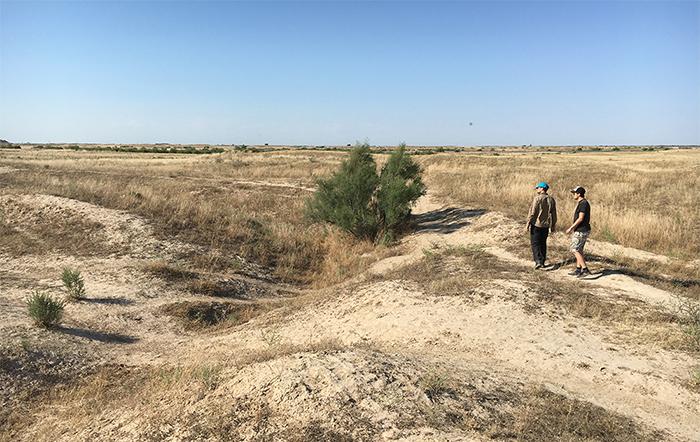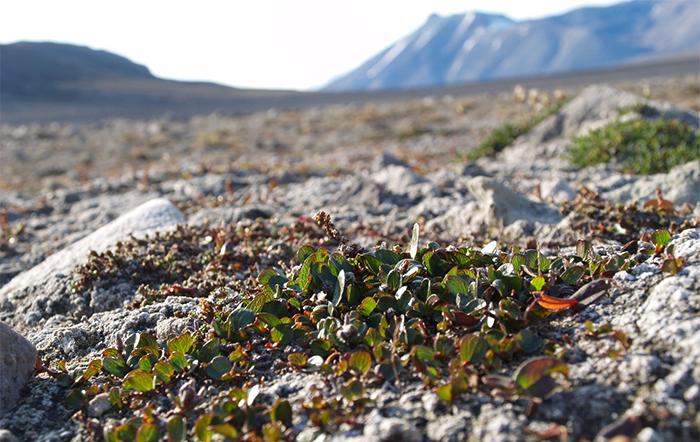A new report from Oxford's Nature-based Solutions Initiative and collaborators including the Environmental Change Institute has found that nature-based solutions are key to reducing climate change impacts such flooding, soil erosion and loss of food production. The report is the first systematic review of the evidence for using nature-based interventions from around the world and investigates nearly 400 scientific studies.














